Real estate encompasses not only your primary residence but also other real estate you own such as vacation homes or rental properties. The ideal form of ownership varies depending on the type of real estate you own. Below, we take a look at the different types of real estate and offer some guidance on the best form of ownership for each.
Primary Residence
Because a primary residence can receive special tax treatment, it would be wise to carefully consider how your primary residence is owned. In many states, tenancy by the entirety offers married couples creditor protection from the creditors of one of the spouses (with a possible exception for federal tax liens) while still preserving relevant tax benefits. This form of ownership also allows automatic transfer of ownership to the surviving spouse upon the death of the first spouse without court involvement. Transferring ownership of the primary residence to separate spousal revocable trusts or a joint revocable trust may also be an option if you live in a jurisdiction that allows the tenancy by the entirety protection to transfer to the separate revocable trusts or a joint revocable trust. Ownership by a trust also means that the real estate will not go through the lengthy, expensive, and public probate process but will instead be handled according to the grantor’s wishes as specified in the trust document.
If you are single, owning property in your name allows you to take advantage of tax benefits for primary residences. Transferring ownership to a revocable trust may also allow you to retain the applicable tax benefits with the added benefit of avoiding the probate process. If asset protection is a major concern during your lifetime, certain types of irrevocable trusts are best suited for your needs but may require you to give up some control of your property.
The bankruptcy code may provide additional protections for a primary residence (e.g., your state may have a homestead exemption). However, in some states, transferring your primary residence to a trust may eliminate the homestead exemption because the trust, rather than you, will be deemed to be the owner of the residence. If this situation could apply to you, it is important that you meet with a knowledgeable estate planning attorney before transferring your primary residence to a trust.
Vacation Home
For some families, their vacation home has not only high monetary value but also significant emotional value. Ownership of a vacation home by a trust or limited liability company (LLC) can be advantageous because it addresses two main priorities: ease of transfer to the next generation and asset protection.
With a trust or LLC, you are able to establish rules for how the vacation home is to be used and maintained, as well as designate what is to happen to the property once you pass away. This can be a great solution if you want to ensure that the vacation home stays in the family for generations with minimal family conflicts.
An additional benefit of having an LLC own your vacation home is that it provides limited liability from outside claims. If a judgment is entered against the LLC, the creditor is limited to the accounts or property owned by the LLC to satisfy the creditor’s claims and cannot look to your personal accounts or property or those of the other members. On the other hand, if a judgment is entered against you or another member for a claim unrelated to the LLC, it will be harder for a creditor to force a sale of the vacation home. This can be incredibly helpful if you wish to pass the vacation home on to the next generation without worrying about the individual financial situation of each new member. Note that, in some states, a single-member LLC (an LLC in which you are the only member) does not enjoy the same protection from your personal creditors. The rationale of these laws is that your creditors should be able to seek relief through your LLC interests to satisfy their claims because there are no other members that will be negatively impacted by seizure of money and property owned by the LLC.
If the vacation home has been in the family for many years, it is important to consult with an estate planning attorney and your tax advisor to make sure that transferring your vacation home to a trust or LLC will not cause an increase in your property taxes or any other unintended consequences.
Rental Property
Because rental property is an income stream rather than a residence, asset protection is usually the primary concern. As a landlord and owner of rental property, you face a higher probability of lawsuits arising in connection with the property because the occupants can change over time. Transferring ownership of the rental property to an LLC is a great option. If a renter gets injured on the property, sues the LLC that owns the property, and obtains a judgment that exceeds any property insurance you have, the renter can seek satisfaction of any claims only from the accounts and property owned by the LLC, not from your personal accounts and property or those of any other owners of the LLC.
In addition, ownership by the LLC may protect the rental property from your personal creditors. However, if you are forming a single-member LLC, it is important to check state law to be sure that creditor protection is available.
Whether you are concerned about your primary residence, vacation home, or rental property, we are here to assist you in protecting your property. Given the various considerations for selecting a form of ownership, it is important to have the right advisors helping you along the way. Give us a call to discuss your current and future real estate ventures and the best way to protect them for your loved ones.


